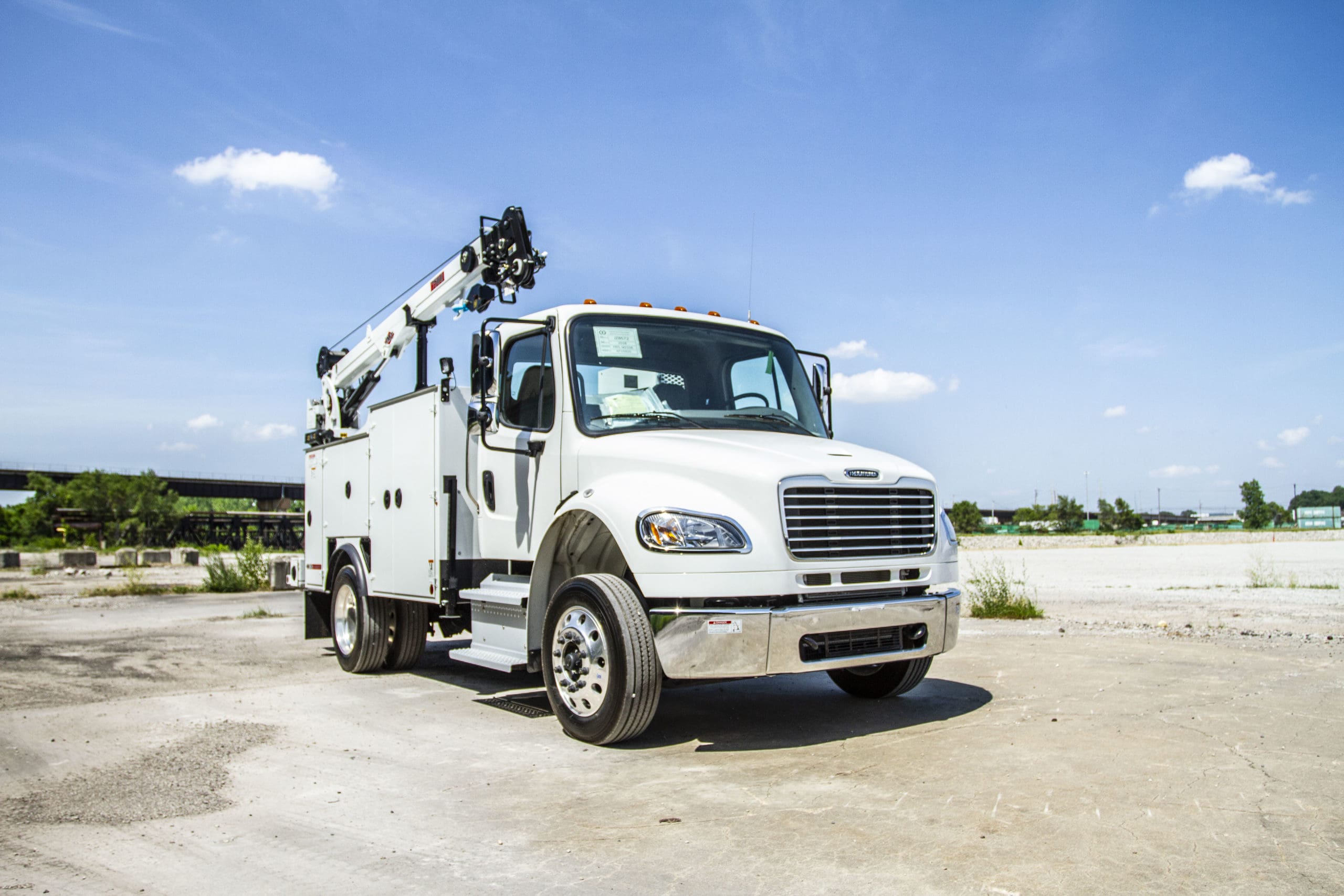
Machines failing on a job site can be expensive – especially when the equipment is difficult to haul to a service station. Owning a service or mechanics truck, therefore, makes sense for a lot of companies. A mechanics truck can help finish projects on time, more efficiently and cost-effectively. For smaller businesses that cannot afford to own their own service trucks, there are also independent operators who will bring a truck to the job site.
To do all this, one needs to carefully consider the purchase of a mechanics truck to best impact productivity, meet overall business goals, and be suitable for the kind of jobs it will do.
Need help with this decision? Read the tips for buyers below:
#1: Body Type
Choosing a body type depends on the job your service or mechanics truck is going to do and the industry you’ll be working in. A flat body, for example, will come with a chassis. It’s a good place to start if you’re going to build a custom body. A van body is suitable for industries such as landscaping. A contractor body offers open lengths of empty bed space to haul larger items.
#2: Body Material
An analysis of the payload you expect to carry will help you make the decision between aluminum and steel. Yes, fiberglass is also an option but that will likely only be among your top choices if you’re going to run your truck for utility purposes, so we’ll focus on steel and aluminum.
With aluminum, the pros include its light weight, corrosion resistance, and rust resistance. Manufacturers use alloys in the aluminum that go into building beds and chassis to increase durability. The biggest con is the much higher upfront cost.
For a workhorse that will give years of reliable service, galvanneal steel is still the traditional choice for mechanics trucks. No matter how reinforced aluminum is, it cannot compete with the strength and perseverance of steel. Treatments are applied to steel to reduce its propensity to rust. Both materials trump each other’s primary weakness, so often, it is the price that influences the decision. Yes, there is a bit of weight saving with aluminum. However, it’s a lot for the extra money you’re going to pay, because aluminum is expensive.
#3: Open or Closed Body
An open, classic-style body is a perfect choice if you’re going to carry longer, bulkier material like pipes, conduits, and builder-grade wood. The tailgate keeps them securely contained on the bed, and there can be compartments along the sides to keep smaller tools and supplies neatly arranged. But considerations like rain, snow, and security factor into the decision to run an open body service truck or mechanics body truck.
Closed body ones are ideal if you’re not carrying long, unwieldy tools and supplies. The interiors can be customized to your specific needs with shelving and additional storage containers for increased organization and work efficiency.
#4: Model Information
Things you should know about the mechanics truck before you buy:
- Make and model year of the truck
- Two-wheel or four-wheel drive
- Single or double rear axle
- Gas or diesel engine and number of fuel tanks
- The gross vehicle weight (GVWR)



